The seat-wise results of India's Lok Sabha elections reveal that the ruling Bharatiya Janata Party (BJP) has won 213 out of 458 seats declared so far. Here are the detailed results:
Bharatiya Janata Party (BJP): 213 seats
Indian National Congress (INC): 83 seats
Samajwadi Party (SP): 34 seats
All India Trinamool Congress (TMC): 24 seats
Janata Dal (United) [JD(U)]: 12 seats
Dravida Munnetra Kazhagam (DMK): 10 seats
With a total of 543 seats in the Lok Sabha, 272 seats are required to achieve a single majority. Despite the BJP's strong performance, it falls short of the majority mark, necessitating reliance on its National Democratic Alliance (NDA) partners to form a government.
The Lok Sabha elections commenced on April 19 and concluded on June 1. Post-election, various exit polls projected a victory for the BJP-led NDA alliance. However, these predictions were met with skepticism from the Congress-led 'India' coalition, which rejected the exit poll forecasts.
Given the current seat distribution, the BJP will need to depend on its NDA partners to secure a majority. Meanwhile, the Congress-led 'India' coalition is exploring alliances with other parties to enhance their standing. An alliance meeting is scheduled for Wednesday to discuss potential coalition strategies and collaborations.
The BJP's inability to secure a single majority for the first time in three terms suggests a shift in India's political landscape. The reliance on coalition politics indicates a more fragmented and competitive environment, where strategic alliances will play a crucial role in governance. The Congress-led 'India' coalition's efforts to form a broader alliance underscore the evolving dynamics of Indian politics.
The 2024 Lok Sabha elections mark a significant moment in Indian democracy, with no single party securing a clear majority. The forthcoming alliance negotiations and strategic partnerships will be critical in shaping the country's political future.



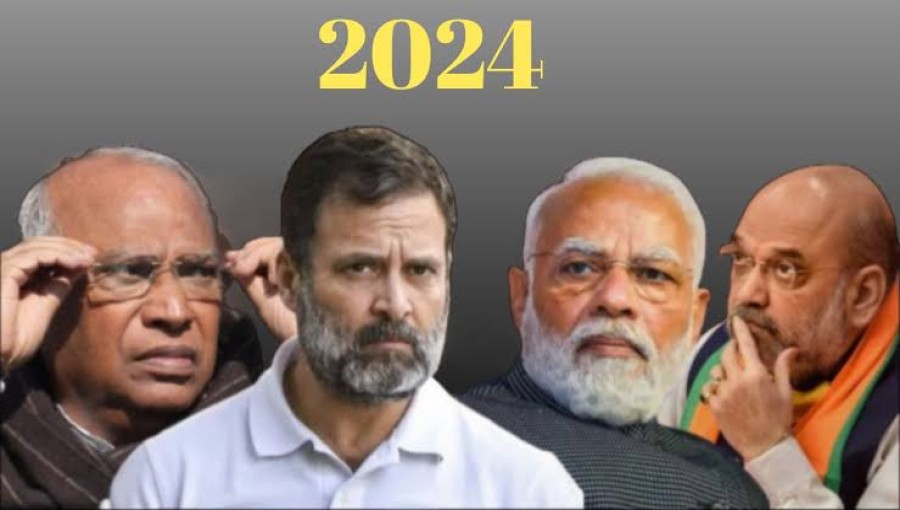


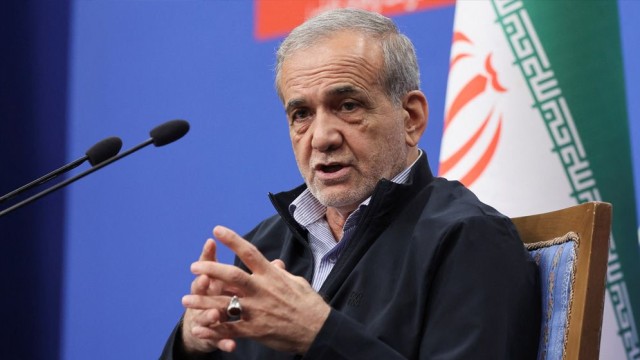
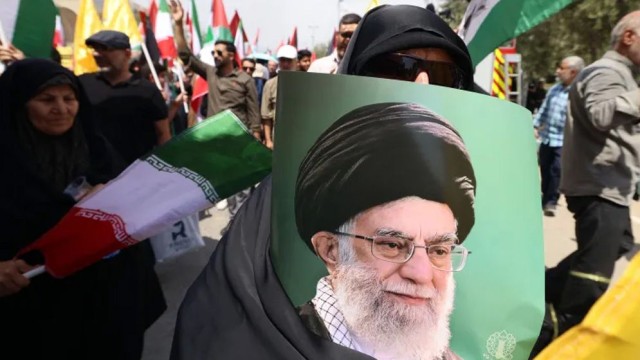

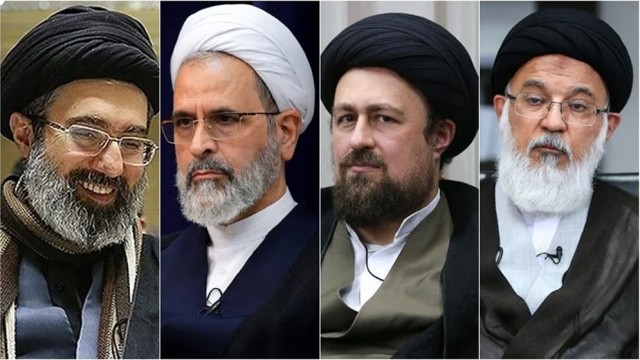









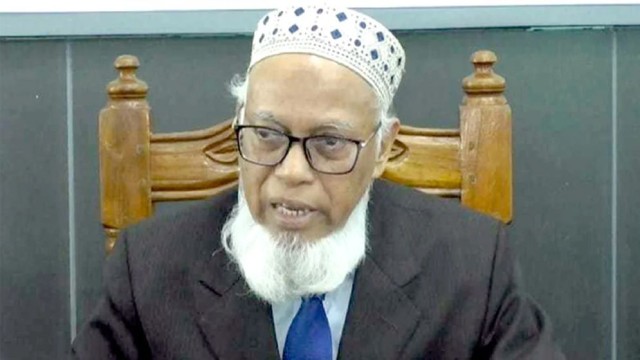










Comment: